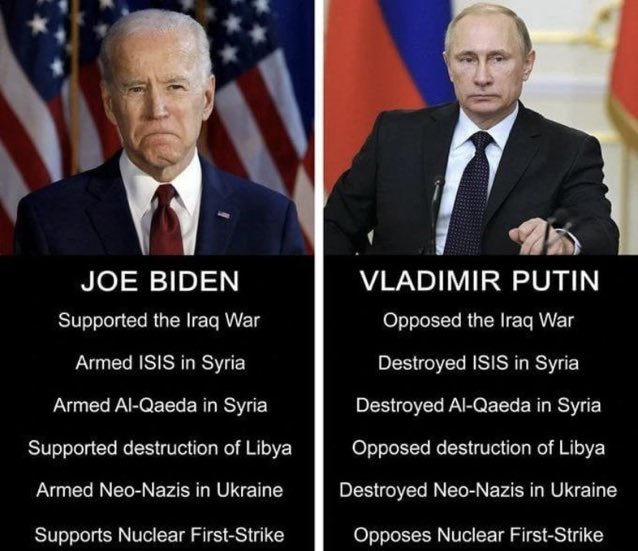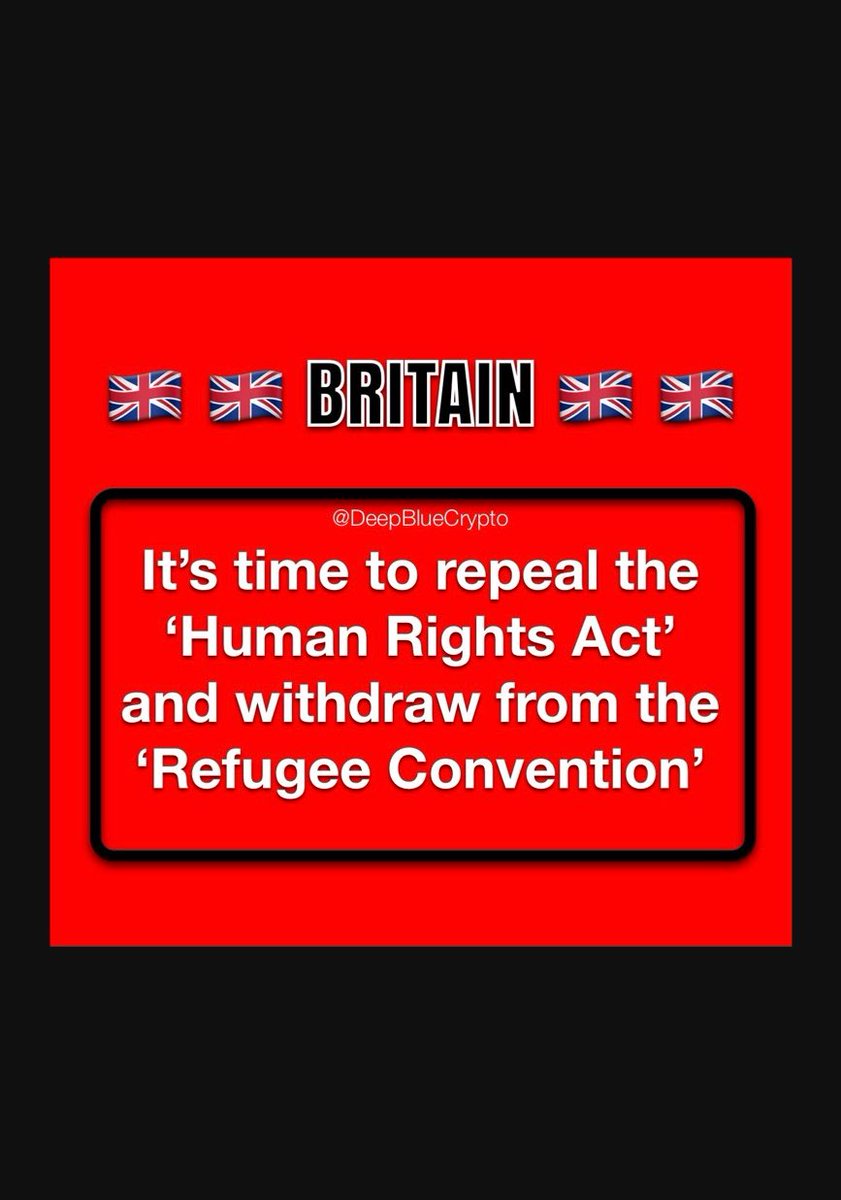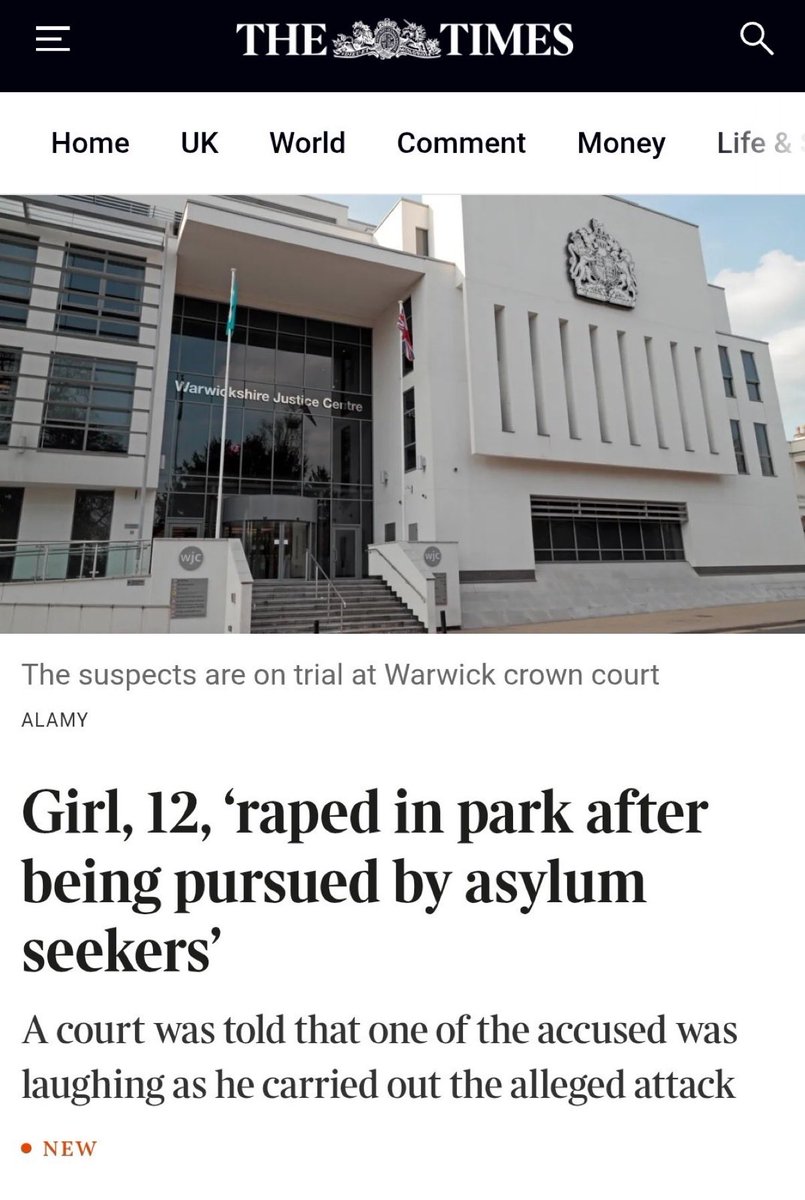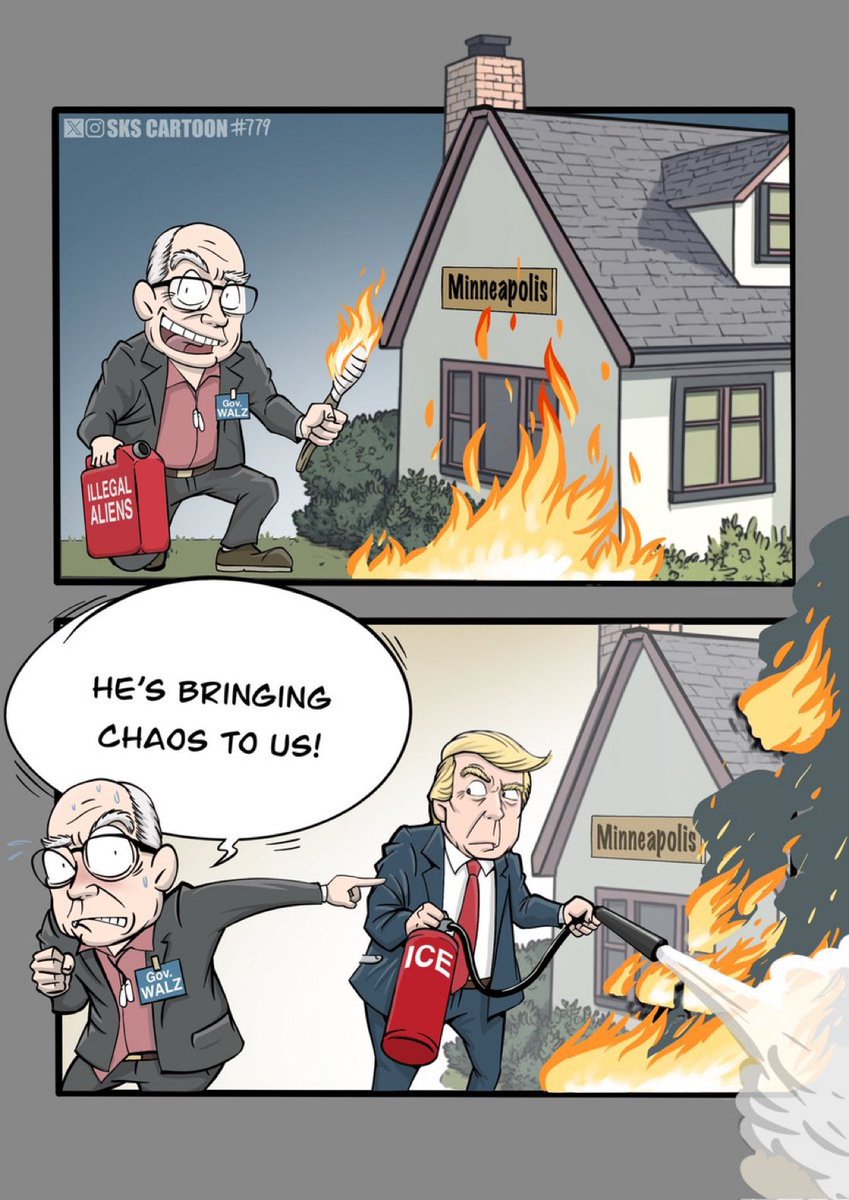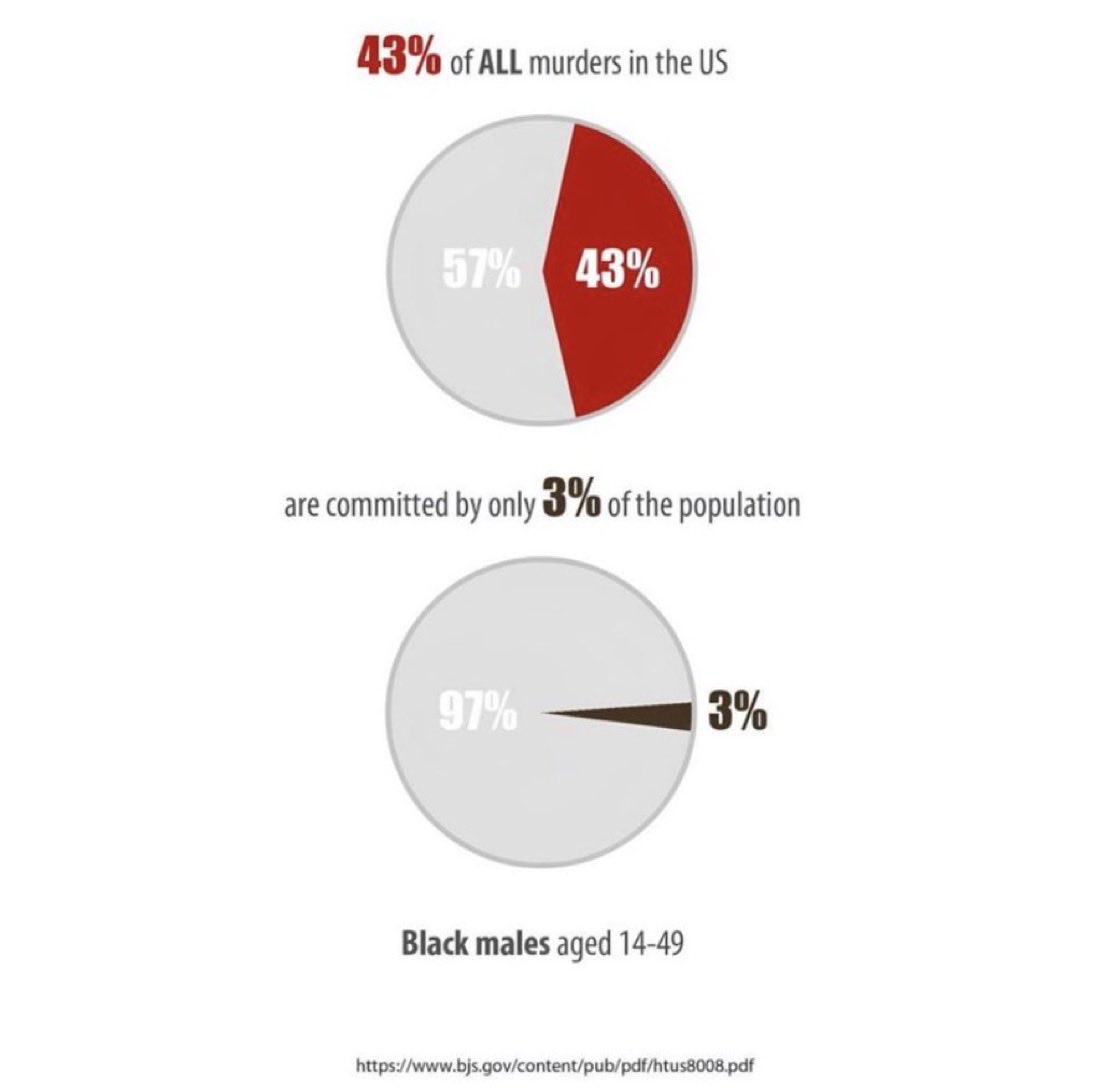Expansion of NATO is the biggest reason for threatening Russia and Putin to wage war against Ukraine before falling into the western hands.
Obama NATO let coup in 2014 dethroned the pro Russian leader eventually leading to war.
A thread for awareness👇
Obama NATO let coup in 2014 dethroned the pro Russian leader eventually leading to war.
A thread for awareness👇
Here’s a prev thread 🧵 on wars
https://twitter.com/deepbluecrypto/status/1647243159213072387
The entire west is up against Russia with proxy war funding, with military equipment, with sanctions.
Yet Russia seems to be winning.
Yet Russia seems to be winning.
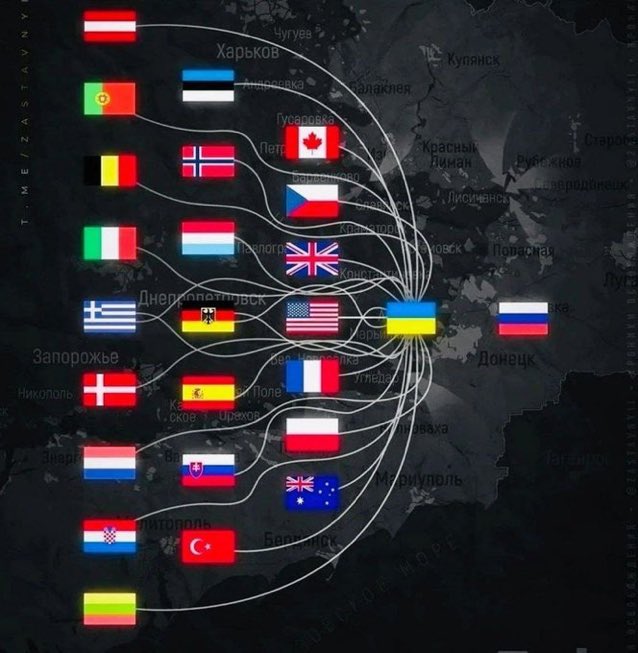
The United States is indisputable leader in defense spending both in absolute figures and per capita.
However, on the latter count the gap is not so dramatic with some Nordic countries demonstrating impressive propensity for making their citizens pay for war.
However, on the latter count the gap is not so dramatic with some Nordic countries demonstrating impressive propensity for making their citizens pay for war.

American warmongers bombing Yugoslavia in 1999 killing more than 2000 and displacing 1000s of people
https://twitter.com/kanekoathegreat/status/1653586743340462080
The Kremlin said “It reserves the right to respond… where and when it sees fit”
Seems like Zelensky + Biden’s NATO got what they asked for. Deescalate this idiotic war ASAP before the mad men decide the fate of this world.
Seems like Zelensky + Biden’s NATO got what they asked for. Deescalate this idiotic war ASAP before the mad men decide the fate of this world.
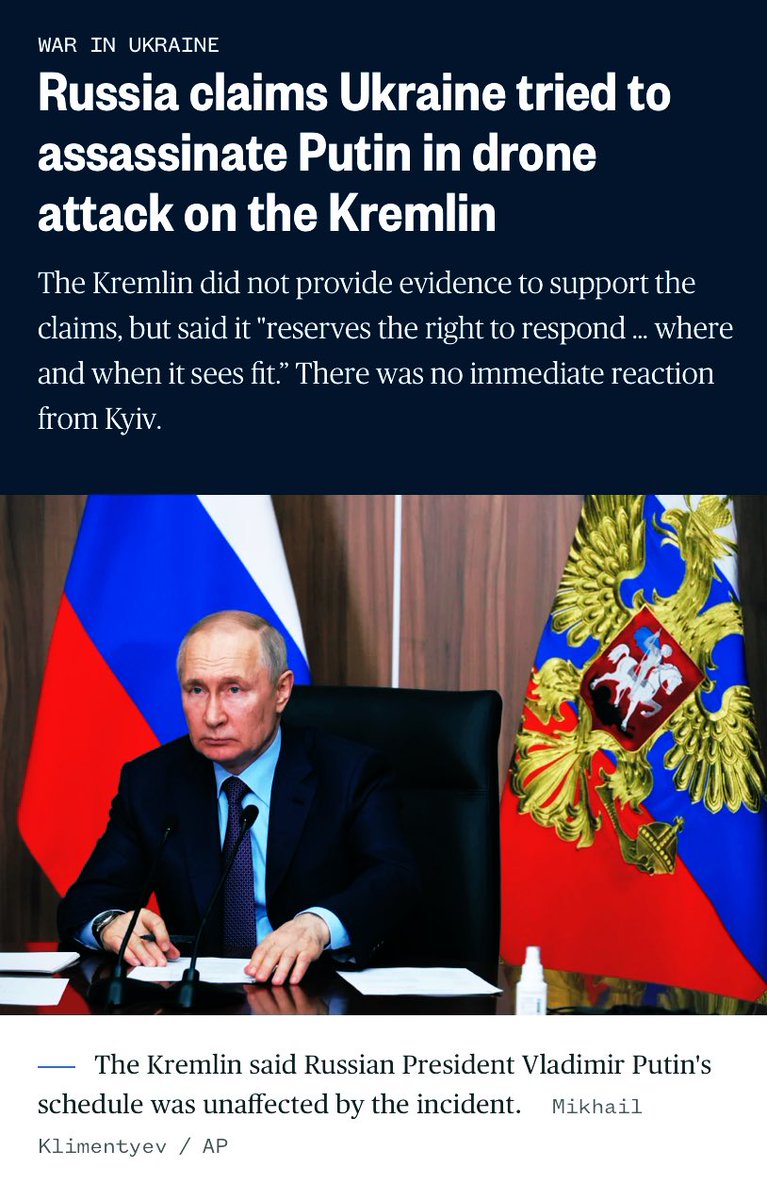
What a horrible time in history during the WWII - they starved Indian slaves to ship all food for British troops in Europe. 

Protesters interrupt talk with Blinken, demand freedom for WikiLeaks' Julian Assange on World Press Freedom Day.
TRUTH IS TREASON IN AN EMPIRE OF LIES
#FreeAssange #FreeAssangeNow
TRUTH IS TREASON IN AN EMPIRE OF LIES
#FreeAssange #FreeAssangeNow
#FreeAssange #FreeAssangeNow
#WorldPressFreedomDay #WorldPressFreedomDay2023
#WorldPressFreedomDay #WorldPressFreedomDay2023
https://twitter.com/sahouraxo/status/1653778684854059009
• • •
Missing some Tweet in this thread? You can try to
force a refresh


